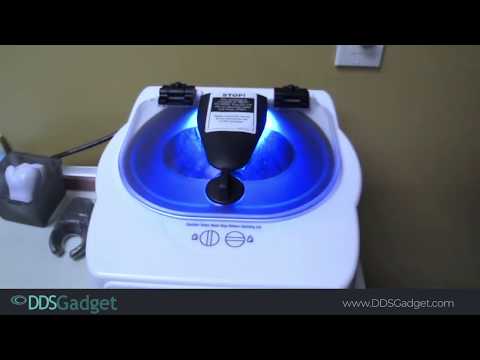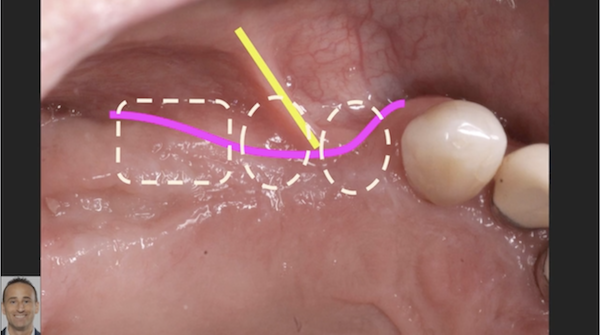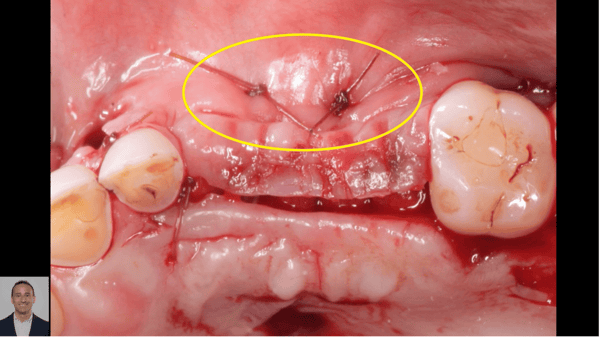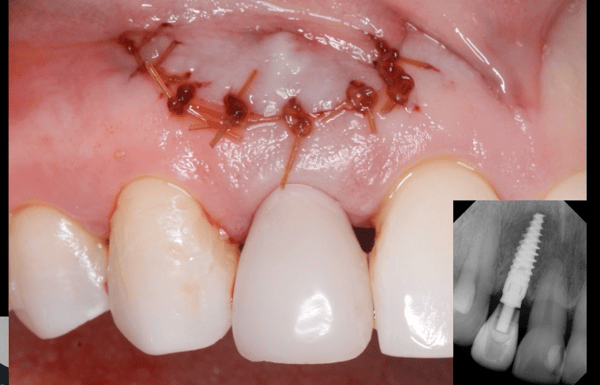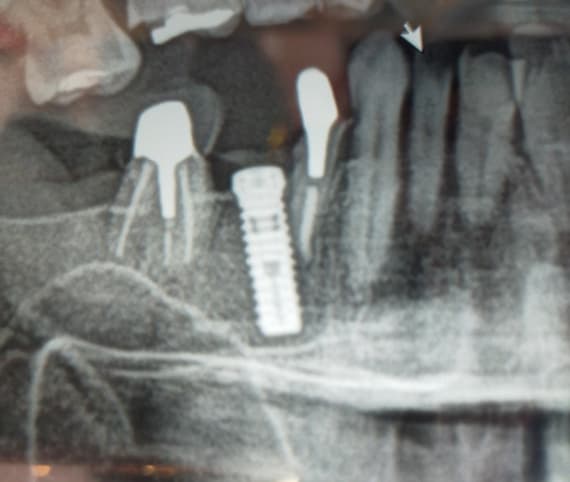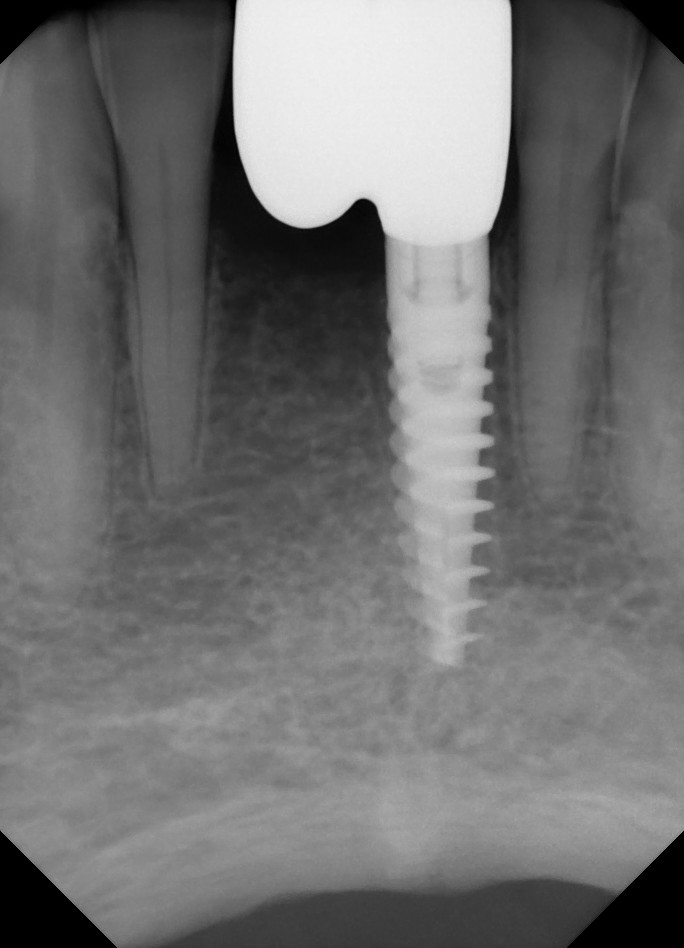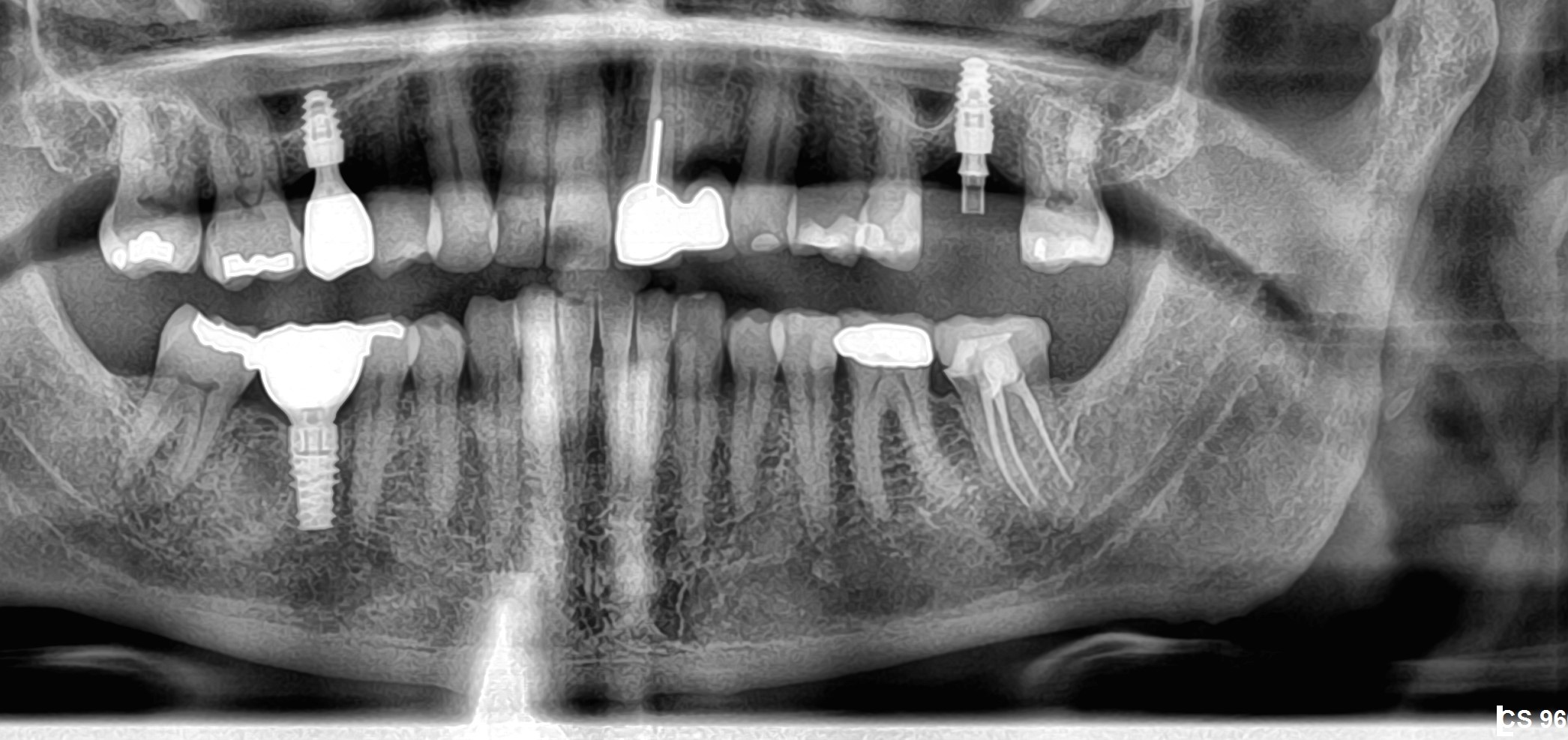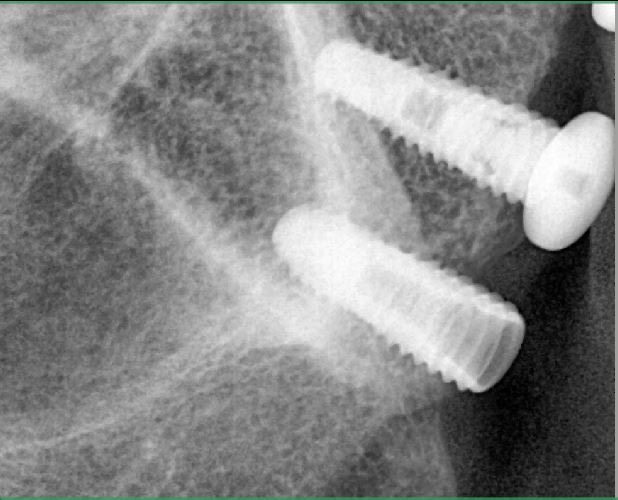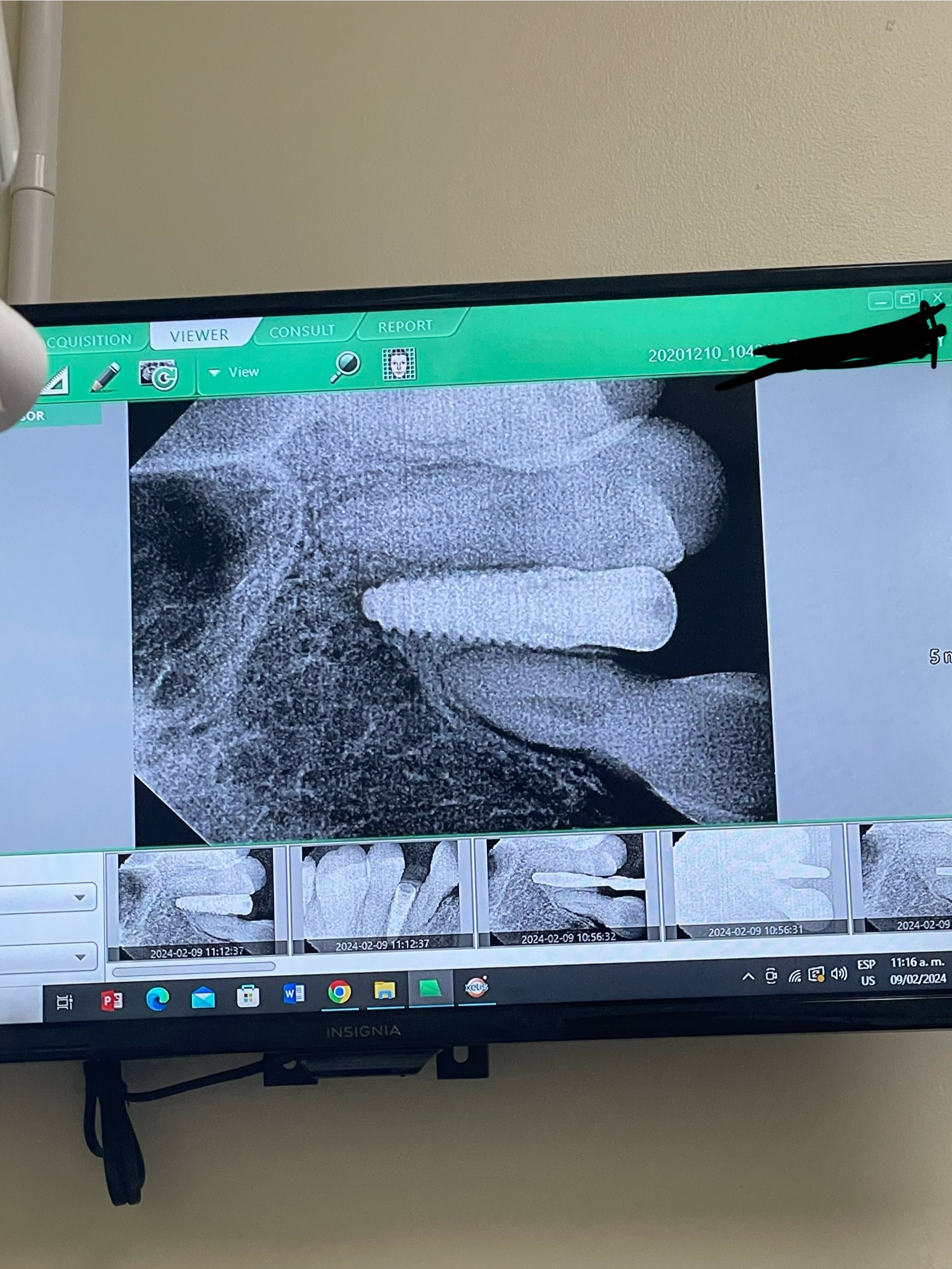Can an Implant Fail Because I Grind My Teeth?
I recently had an upper rear left dental implant replaced due to loss of integration. The periodontist said that the implant failed because I grind my teeth. She did note that two (2) adjacent teeth looked fine and had no evidence of wear. The implant lasted for 3 years. Is it possible that implant failed because of tooth grinding?
1 Comments on Can an Implant Fail Because I Grind My Teeth?
New comments are currently closed for this post.
Dr. Cheryl Goren Robins
11/12/2015
It is possible that grinding can contribute to loss of an implant, however, there can be other causes as well. First, the density of the bone in the area you referred to (upper jaw in the rear) is not as good as that further in the front or in the lower jaw. Because of this, there can actually be less bone directly attached to the implant for support. If for some reason, the implant did not heal (integrate) completely, there would be even less. If you then go and chew on the implant with extra force, or in a direction that is not directly in line with the implant (as in grinding), you may overload the system and cause the implant to “deintegrate†and be lost. The mechanical design of the implant, the surface of the implant, and the way the crown was made can also affect the success of the implant so grinding would not be the only cause for failure. One other item could be that the bite can change over time, even without grinding, especially if other dentistry or changes have occurred elsewhere in the mouth. This can affect the forces put on the implant as well.The good news is that if the above considerations are addressed, there is no reason to think that your replacement implant would not be successful over the long term. You may also want to consider having a bite guard made to protect the implant (and your own teeth) from any possible grinding habit that you may have that you are not aware of. Your dentist can better advise you on this after examining other parts of your mouth for signs and symptoms of grinding. You should also make sure that your “bite†or occlusion is checked on the implant periodically to make sure that it is not receiving excessive forces during normal chewing function.
Dr. Cheryl Goren Robins





